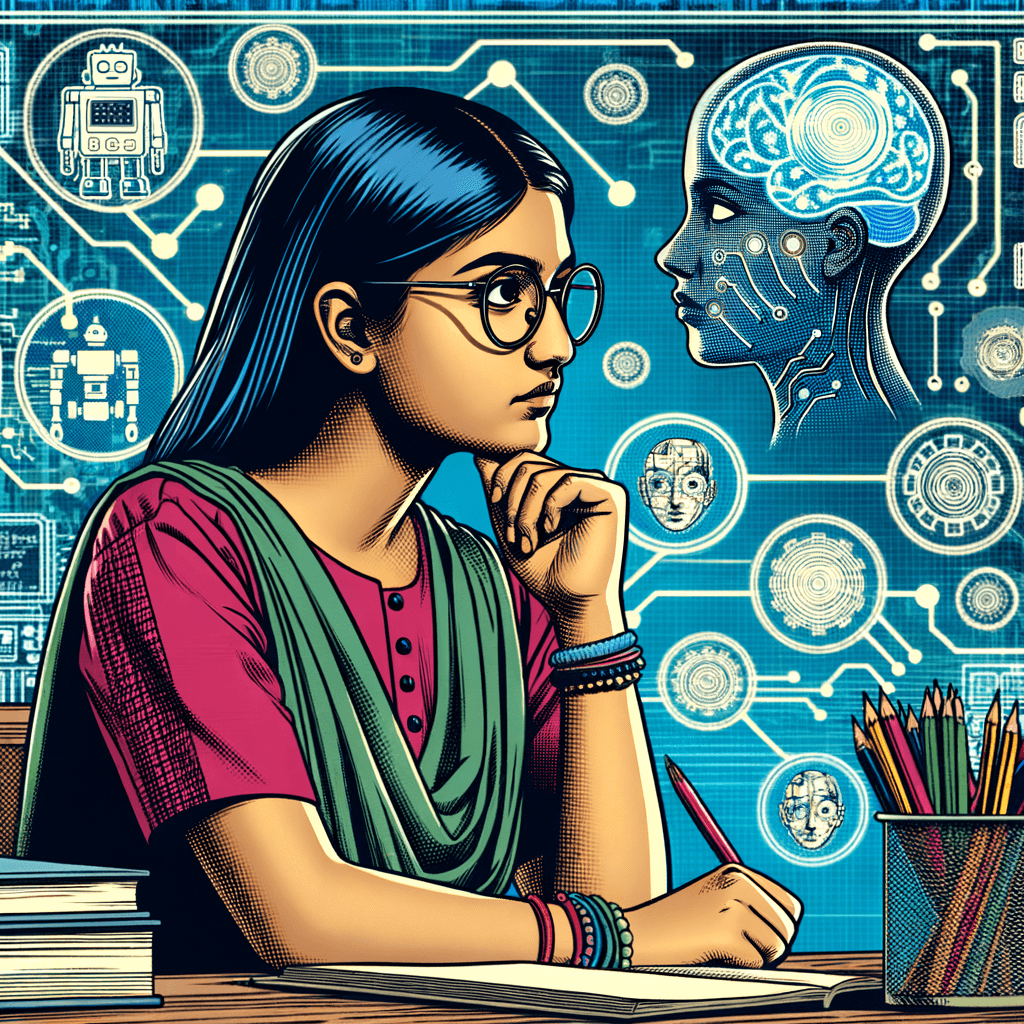Leon Furze recently wrote an insightful article exploring how educators can rethink assessment in light of advancements in generative AI (GAI). As an educator myself, I found Furze’s focus on oral assessments particularly compelling. He argues we need to move away from an overreliance on high-stakes written exams, which are vulnerable to AI cheating. Instead, Furze advocates for oral assessments like presentations, debates, pitches, and interviews (https://leonfurze.com/2023/09/27/rethinking-assessment-for-generative-ai-orals-and-discussions/).
I agree that AI poses a challenge to traditional written assessments. Tools like ChatGPT can too easily help students game essays and exams. Trying to catch cheating through invasive monitoring is not only impractical but breeds mistrust. The better solution is to change how we assess in the first place.
The oral assessment methods Furze highlights offer engaging alternatives. Presentations, discussions, and interviews allow educators to evaluate skills beyond rote content regurgitation. Communication, critical thinking, creativity – these interpersonal abilities are vital in the 21st century workplace. An overemphasis on writing fails to assess these multifaceted competencies.
However, as Furze notes, oral assessments are not a cure-all. These interactive formats may cause anxiety for some students or prove inaccessible for those with language barriers or mutism. Equity must remain front and center as we expand beyond traditional written tests.
I also wonder if AI could meaningfully assist with oral assessments, as Furze suggests. He proposes ideas like using ChatGPT to generate presentation slides or interview questions. But couldn’t this undermine the human skills these assessments aim to evaluate?
I applaud Furze’s push towards more meaningful, interactive assessments. But we must be thoughtful about if and how new technologies integrate into these evaluation models. At their best, oral assessments teach transferable skills and deep reflection. Preserving these humanistic aims should guide us as we move into an increasingly automated education landscape.
